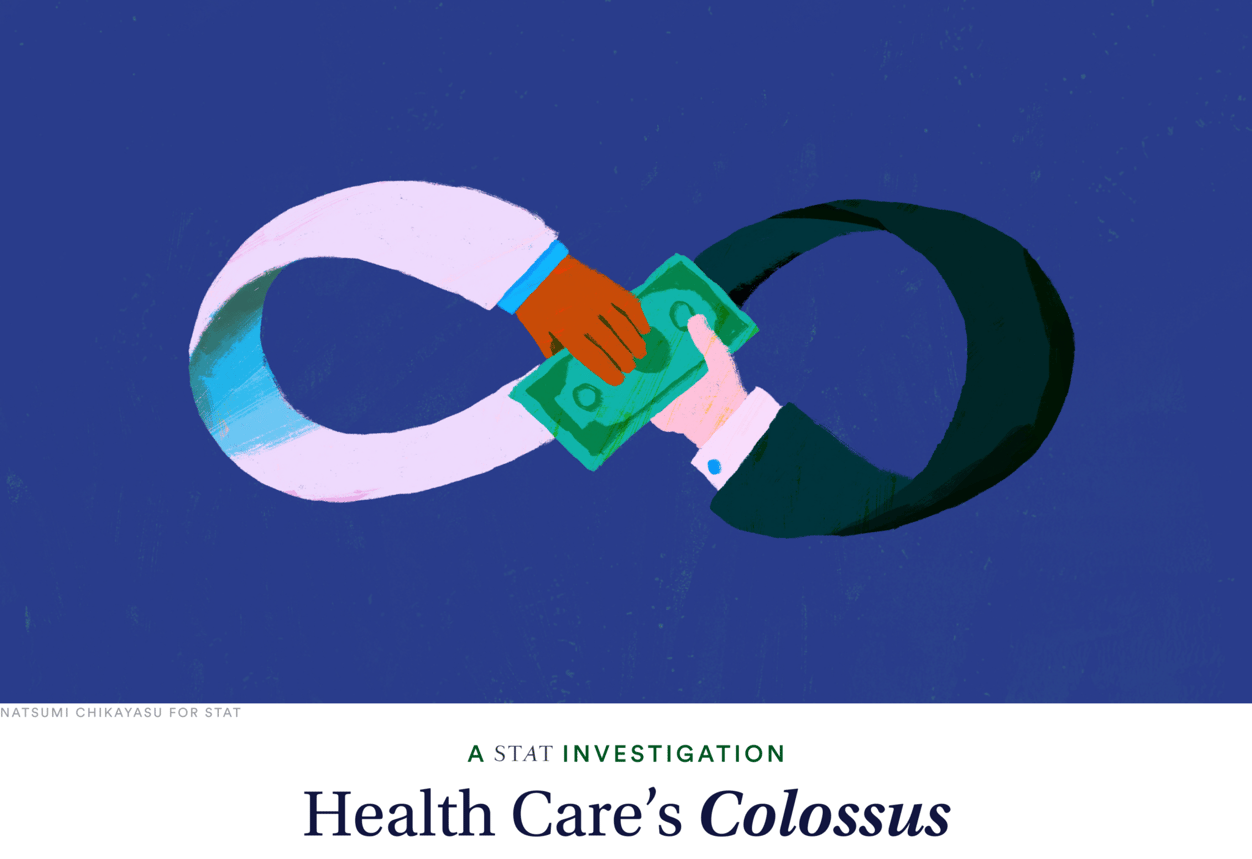POLITICS
Trump makes key health care admin picks
Late Friday evening, President-elect Donald Trump announced a slew of intended nominations for his administration, including three key leaders in health care:
CDC
Trump picked physician and former Rep. Dave Weldon to lead the CDC. Weldon has a history of backing controversial and, in the views of most scientists, discredited ideas that linked childhood vaccines with increasing rates of autism. "That is worrisome for an agency whose most historic victories have come through the use of vaccines," STAT's Matt Herper wrote over the weekend. STAT's Lizzy Lawrence has more on Weldon.
Surgeon general
Physician and former Fox News contributor Janette Nesheiwat will be nominated to be surgeon general. Unlike some other picks, she does not have a history of criticizing vaccines. STAT's John Wilkerson has more on Nesheiwat.
FDA
Trump tapped surgeon Martin "Marty" Makary to lead the FDA. STAT's Rachel Cohrs Zhang rounded up seven examples from Makary's history of criticizing the agency, including calling out the FDA's decisions to approve boosters for young people, the pace of its approval for early vaccines, and its remote work policies.
Makary is also an executive of the telehealth company Sesame, which connects consumers to physicians who can prescribe compounded weight-loss drugs. If confirmed as FDA commissioner, he would take the lead of the agency as it grapples with high-stakes policy issues that could impact Sesame's business. Read more from a team of STAT reporters on that potential conflict.
While Matt wrote that the CDC is "in big trouble," under Weldon, he believes that the FDA "might be OK" under Makary. Leaders in biotech and pharma were a little more optimistic: "We dodged a bullet," one biotech investor told STAT reporters. Read Matt's Take and more biotech and pharma reactions.
a stat investigation
UnitedHealth moves money 'from their right pocket to their left'

UnitedHealth Group is paying many of its own physician practices significantly more than it pays other doctor groups in the same markets for similar services, STAT reporters reveal in Part 5 of the series Health Care's Colossus. For some types of care, the company's insurance subsidiary doles out twice the average market price at its own practices. "It's really a game the way they switch money from their right pocket to their left," one doctor said.
As a reminder, UnitedHealth is the country's largest health insurer and fourth-largest company of any type by revenue. The company argues in marketing materials that its control of medical providers delivers greater efficiency, better care coordination, and lower costs. But STAT's findings expose the effects of a deepening conflict of interest: As both a dominant insurance company and a health care provider, UnitedHealth can capture higher profits by paying itself inflated prices for basic checkups, surgeries, and procedures.
STAT uncovered the payments in a first-of-its-kind analysis with health analytics company Tribunus Health that examined UnitedHealth's own data as reported to the federal government. Read more in Part 5.
And I urge you to check out the first few parts if you haven't already. They document how UnitedHealth turned a questionable artery-screening program into a gold mine; it promised a hands-off approach when buying one Connecticut medical group, then upended everything its doctors had built; and its managers use tactics like bonuses and leaderboard rankings to pressure doctors.
infectious disease
U.S. confirms first H5N1 case in a child
The CDC confirmed on Friday that a California child was infected with H5N1 bird flu. As with a case in Missouri that STAT's Helen Branswell reported on earlier this fall, the source of the infection is not known. The child, who lives in Alameda County southeast of Oakland, does not live on or near a farm. They had no known contacts with infected animals or poultry, the California Department of Public Health said when the case was first announced. The child, who had only mild symptoms, is recovering. It's the first confirmed case of H5N1 in a child in the U.S. So far this year 55 confirmed human H5N1 infections have been recorded in seven states.
None of the child's contacts tested positive for the virus, which is good news. But cases where the source of infection cannot be determined are unsettling, raising the specter of undetected transmission of a flu virus to which humans do not have immunity, STAT's Helen Branswell, who covers infectious diseases, explains in this video.
In related perturbing news, California public health officials have detected bird flu virus in a sample of raw milk from Raw Farm in Fresno that was purchased at a retail outlet. (Reminder: A study earlier this year showed that drinking raw milk that contains bird flu viruses could be dangerous.) Helen has the details.


No comments